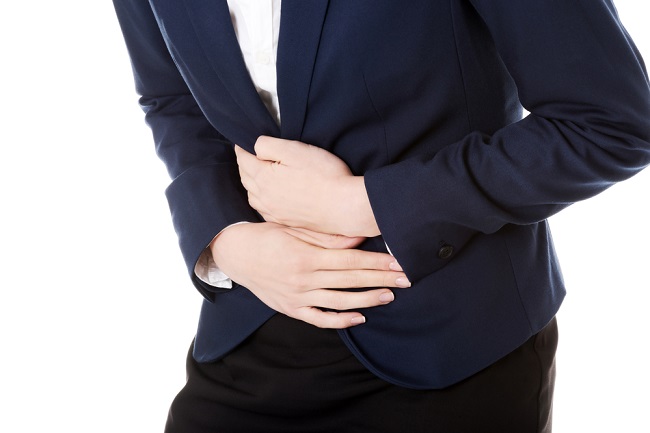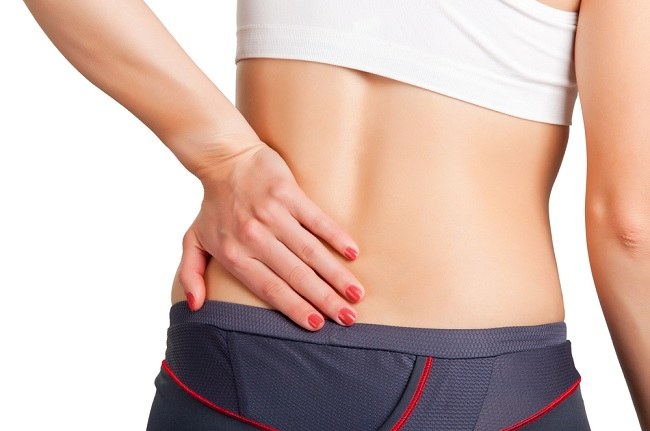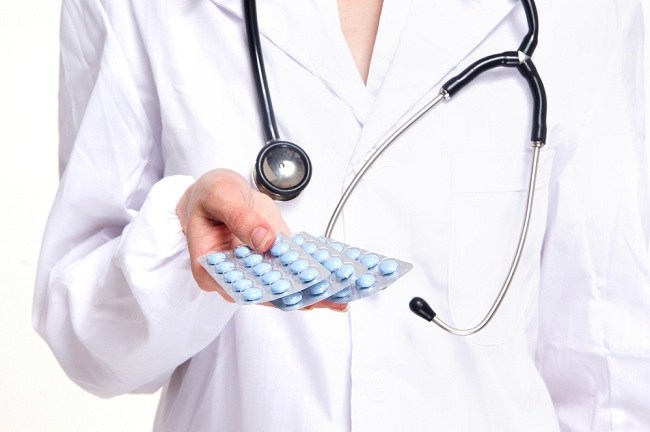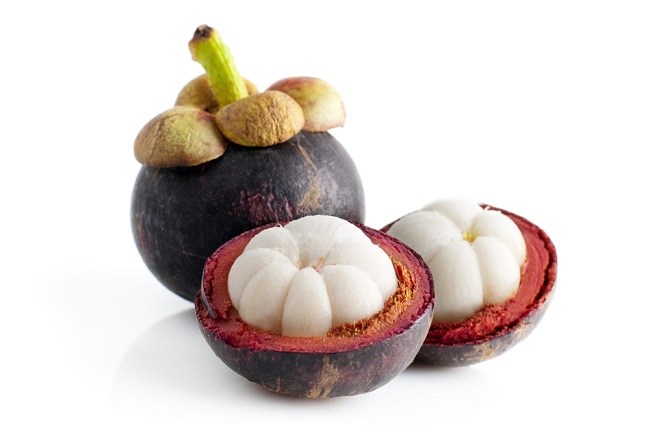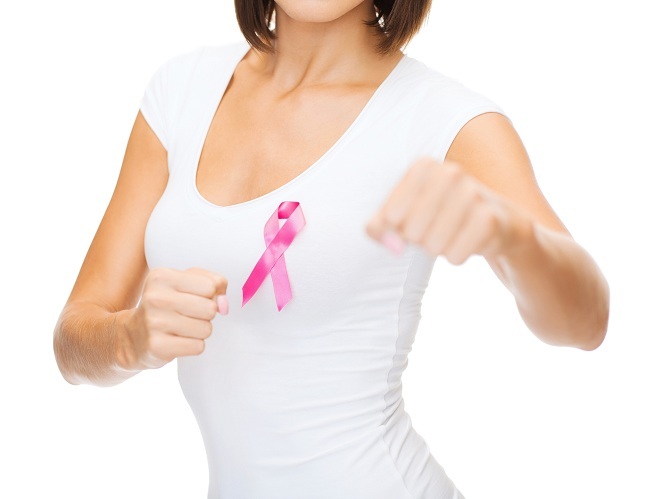The use of isotretinoin to treat acne has become a trend in society in recent years. Although effective for treating acne, this drug still has side effects. Let's look at the benefits and side effects of isotretinoin below.
Acne is a common skin problem. Although it can occur at any age, this condition is more common during puberty. In addition to affecting appearance, acne can also cause psychological disorders in the form of decreased self-confidence, stress, and anxiety. This makes many people look for effective drugs to treat acne, one of which is isotretinoin.
This drug is recommended for moderate to severe acne conditions, large pimples, or acne that does not improve with other treatments. Isotretinoin is generally taken 2 times a day with food. The dose and duration of isotretinoin treatment varies, according to the prescribing doctor.

The Benefits of Isotretinoin in Treating Acne
The following is how isotretinoin works and is effective in treating acne:
1. Overcoming several factors that cause acne
The main factors for the appearance of acne are increased production of oil (sebum) on the face, the buildup of dead skin cells that contain keratin in the pores, and the growth of acne-causing bacteria that trigger inflammation.
The first effect of isotretinoin is to inhibit sebum production in the skin. Second, it reduces the production of keratin cells so as to prevent clogging of skin pores, while preventing the formation of blackheads. Third, reduce the number of acne-causing bacteria and reduce inflammation.
Because of its broad effect in treating various causes of acne, isotretinoin is considered very effective and is often used as an acne treatment.
2. Prevents the formation of acne scars
Isotretinoin affects the activity of enzymes that play a role in wound healing in the skin, thereby preventing the formation of scars due to acne.
3. Prevent the recurrence of acne
Research on the use of isotretinoin states that this drug can reduce the risk of acne reappearing after the treatment period is over. However, this also needs to be coupled with other acne prevention measures, such as taking good care of the skin and avoiding stress.
Isotrinoin Side Effects
The side effects of isotretinoin mostly affect skin conditions and are related to the size of the dose given. The following are isotrinoin side effects to watch for:
1. Harmful to the fetus and pregnant women
Isotretinoin has the side effect of interfering with fetal growth and development. This drug can cause miscarriage, fetal defects, and premature labour. Women who are pregnant or who are planning to become pregnant are not advised to take this drug.
Before starting treatment with isotretinoin, women taking this drug should inform their doctor if they are pregnant or planning to become pregnant.
2. Skin becomes dry and sensitive
These two are the most common side effects of isotretinoin. Isotretinoin will cause skin irritation, dry, and easy to peel. This peeling causes the skin to become more sensitive to sunlight or skin care procedures, such as dermabrasion, lasers, and waxing.
To overcome this, patients are advised to always use facial moisturizers, sunscreens, and avoid these skin care procedures until 6 months after isotretinoin treatment is completed.
3. Acne appears more and more (acne flare)
You don't need to worry if more pimples appear at the beginning of the treatment period. This was one of the early effects of isotretinoin before it showed its benefits for reducing acne.
But if this complaint lasts for protracted, and the acne is getting more and more, you should immediately return to the doctor.
4. Eyes, lips, mouth and nose become dry
Side effects of isotretinoin can cause dry eyes so easy to irritate, dry lips and frequent sores on the corners of the lips (cheilitis), as well as dry nasal mucosa so that it is more at risk of nosebleeds.
5. Increase liver enzymes and blood fats
One of the side effects of isotretinoin is that it increases the levels of liver enzymes and fat components, such as bad cholesterol (LDL) and triglycerides in the blood.
Before and during treatment, the patient may be advised by a doctor to monitor liver enzymes and lipid profiles through blood tests.
6. Allergic reactions
Allergic reactions to isotretinoin are rare. Symptoms that can appear include redness of the skin, itching, swelling of the face, severe headaches, or difficulty breathing. If this occurs during the treatment period, you should immediately return to the doctor for examination and treatment.
There are several side effects of isotretinoin that are still being debated. Some opinions state that the consumption of isotretinoin can cause digestive disorders and psychological disorders, such as anxiety disorders and depression. However, the relationship between isotretinoin consumption and these two conditions still needs to be studied further.
Considering the various benefits and side effects of isotretinoin above, the use of this drug must be based on doctor's advice and prescription. It is not recommended to buy this drug over the counter to treat acne.
During the treatment period, patients are advised to keep regular check-ups with the doctor who prescribes isotretinoin, so that the effectiveness and side effects of treatment can be monitored.
Written by:
dr. Caroline Claudia

